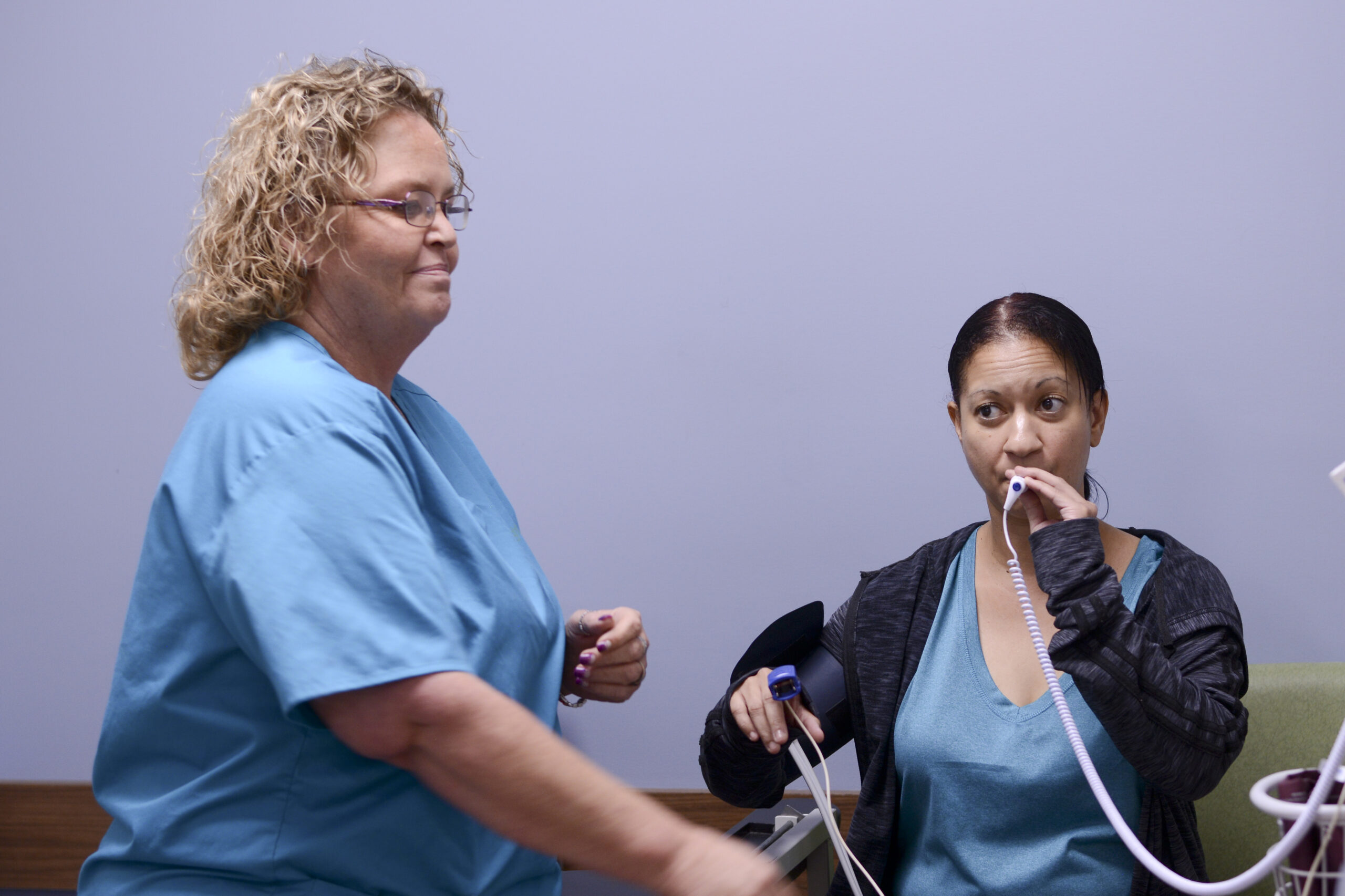One size never fits all – especially when it comes to treating men and women with substance use disorders. Addiction, rehab, and recovery from substance use disorder can be a different type of challenging for women.
BrightView recently gathered some of its team members to discuss engaging women in treatment. BrightView’s Chief Nursing Officer, Mandy Seymour, along with Mikaela Taylor, BrightView’s State Behavioral Health Director for Ohio, and Amy Aydelotte, BrightView’s Director of New Market Development bring a combined 50+ years of medical and behavioral health expertise to this discussion.
Barriers to Treatment
Women face a number of different barriers that can prevent them from seeking treatment. Looking at how substance use disorders begin for women, it usually is a direct result of trauma, societal pressures, or coping mechanisms. Women also tend to avoid treatment often due to their lack of transportation, lack of childcare, or overall apprehension and distrust of services.
Other barriers include:
- Barriers to treatment can be more pronounced with women including maintaining stable housing, access to childcare, and overall financial strains.
- Women who have a substance use disorder often face heightened emotions of shame and guilt and lower levels of self-esteem and self-efficacy.
- Trauma informed therapy and strengths-based therapy are two of the most effective approaches to use with women in treatment.
- Strong, loving relationships for women are one of the key factors to determining success with sobriety.
“The need for inclusive treatment plans cannot be overstated. Truly patient-focused treatment addresses each person’s unique issues and challenges.” – Mikaela Taylor
Engaging Women in Treatment
Women respond better to treatment approaches that are: supportive rather than confrontational and especially therapies that promote relationships and positive connections with others in treatment.
Often, women with a dual diagnosis of PTSD and a SUD were/are victims of childhood abuse and are vulnerable to repeated traumas in adulthood. Empathy and connection are two pivotal markings of effective treatment for women in recovery.
By incorporating these essential points into addiction treatment programs, it becomes possible to offer more effective, gender-sensitive care that addresses the specific needs of women on the path to recovery.
For more about this topic, including the link between the science, societal, and emotional aspects of addiction, check out the full-length recording below.
Inclusive Treatment Based on Who You Are
If you or someone you know needs treatment for a substance use disorder, complete our online form, or contact us today at 833.510.4357 for information on our treatment programs, and you or a loved one can start to feel better tomorrow.
